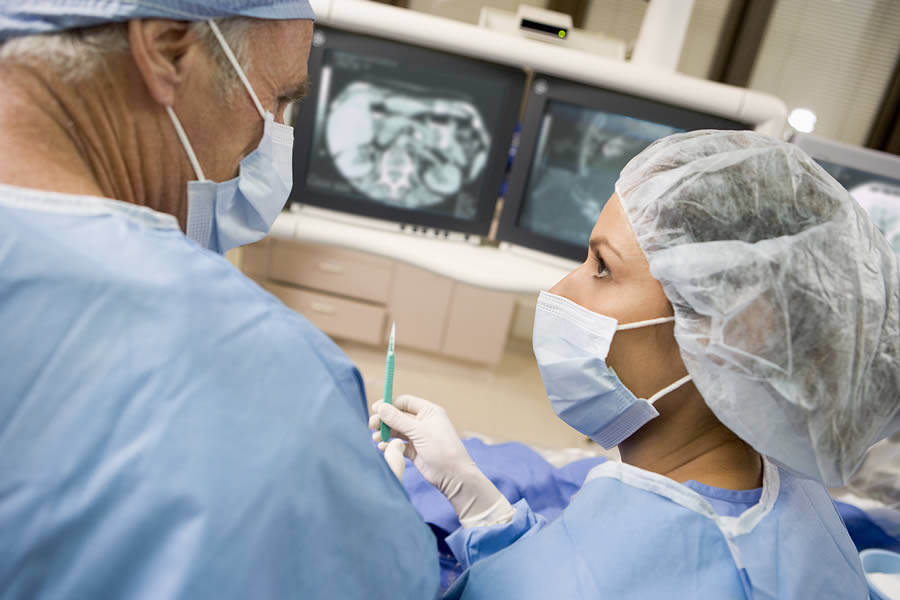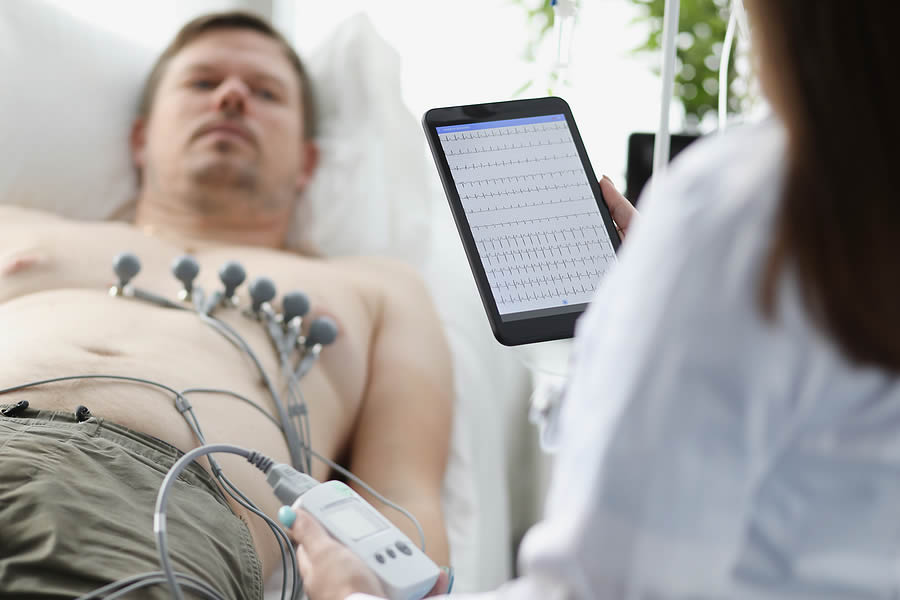
If you're grappling with heart conditions, reach out to the team at Cardiovascular Specialists. We offer cutting-edge treatments, patient-focused care, and the expertise of board-certified cardiologists to ensure your heart is in the safest hands. If you’re in need of more information about cardiac catheterization or PCI, read below. This guide will help shed light on these two key procedures, explaining when they may be required and how a qualified heart doctor can utilize them to help improve your health.
Cardiac catheterization is a minimally invasive diagnostic procedure that allows your cardiologist to evaluate your cardiovascular health. During the procedure, a thin tube called a catheter is inserted through a blood vessel to your heart. This method provides crucial information about your heart's functioning, blood flow, and structure, and helps identify any potential blockages or abnormalities.

Cardiac catheterization is often needed when tests such as EKGs, stress tests, or echocardiograms suggest heart disease or if symptoms such as chest pain or shortness of breath persist. The procedure may also be recommended to evaluate the heart's function before or after heart surgery. Cardiac catheterization is particularly valuable in diagnosing conditions such as coronary artery disease, heart valve issues, or congenital heart abnormalities.
Percutaneous Coronary Intervention, also known as angioplasty, is a therapeutic procedure often performed following a cardiac catheterization once a blockage in the coronary arteries has been identified. During PCI, a balloon-tipped catheter is positioned at the site of the blockage and inflated to open up the artery. Often, a stent is put in place to help keep the artery open, which ensures continuous blood flow to the heart.

PCI is often recommended for patients suffering from angina, particularly if it's unstable and frequently disrupts their daily life. It is also considered for patients who have had a heart attack, as it can restore blood flow to the heart quickly, limiting the extent of heart muscle damage. However, the necessity of PCI depends on several factors, including the patient's overall health, the number and location of blockages, and the severity of symptoms.
At Cardiovascular Specialists, we provide cardiac catheterization and PCI procedures. Our cardiologists are equipped with vast experience and training, allowing us to deliver quality results. The world of heart healthcare can be complex, but we believe in providing our patients with information and guidance that's as clear as possible. From diagnostics to treatment plans, our team is dedicated to offering comprehensive, individualized cardiac care designed to meet your unique needs. We maintain a patient-first approach, where every decision is made keeping the patient's best interests in mind. Should you or a loved one be facing heart-related concerns, do not hesitate to reach out to our dedicated team. Your heart health matters to us. Don't wait until symptoms become severe. Contact our office today for more information or to schedule a convenient appointment.